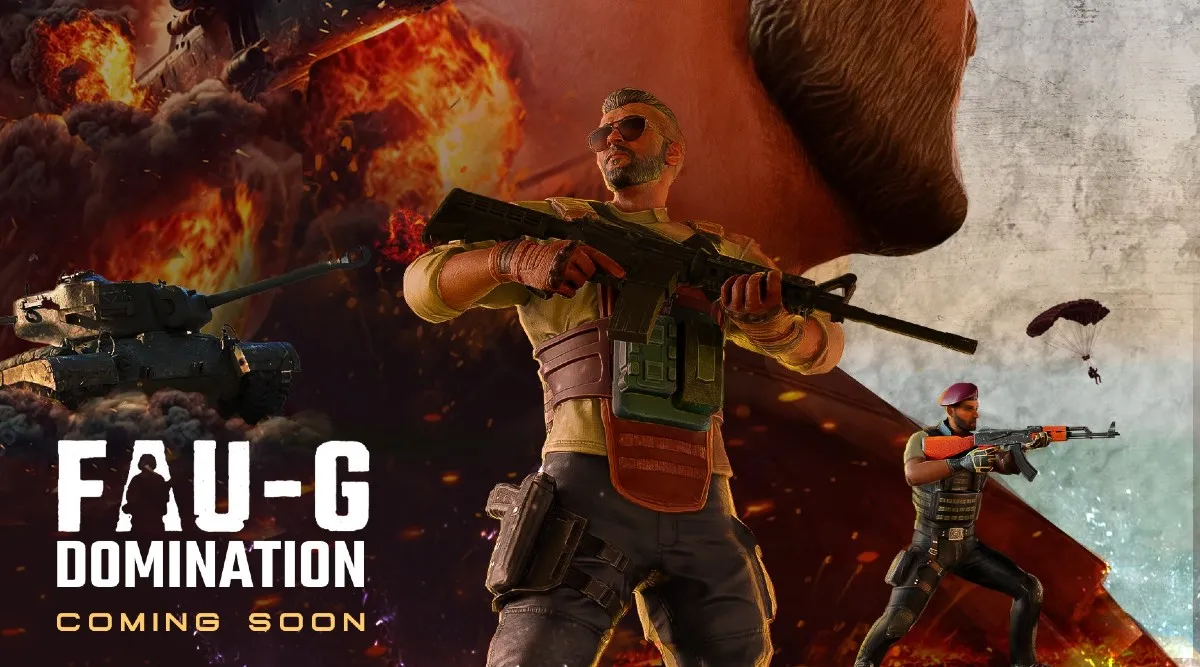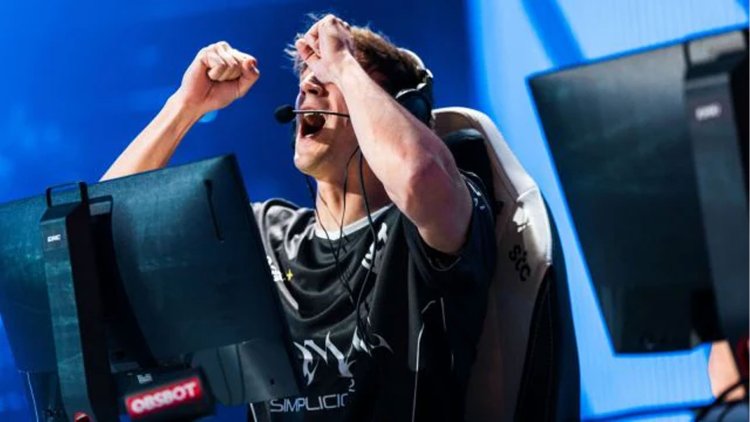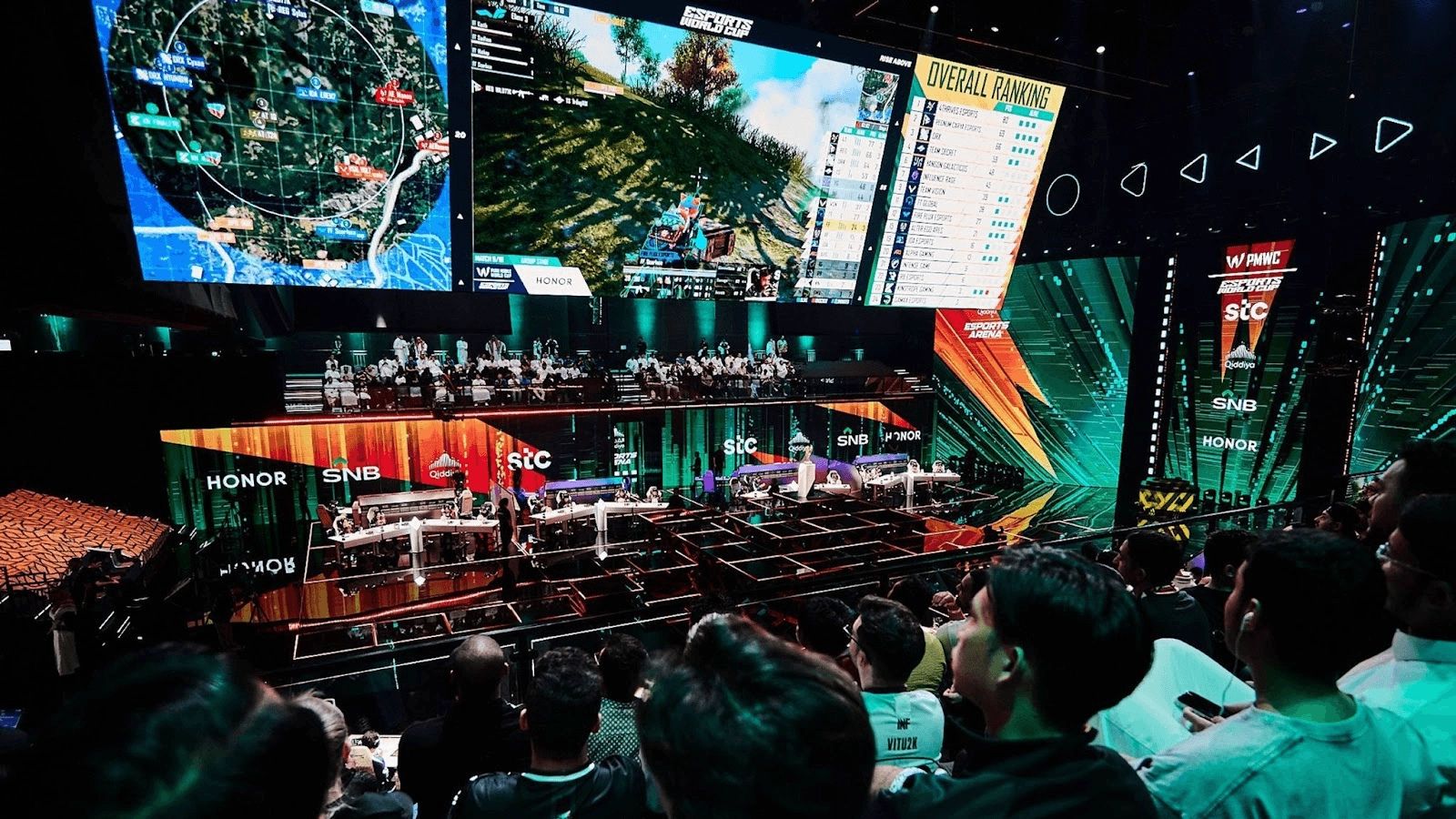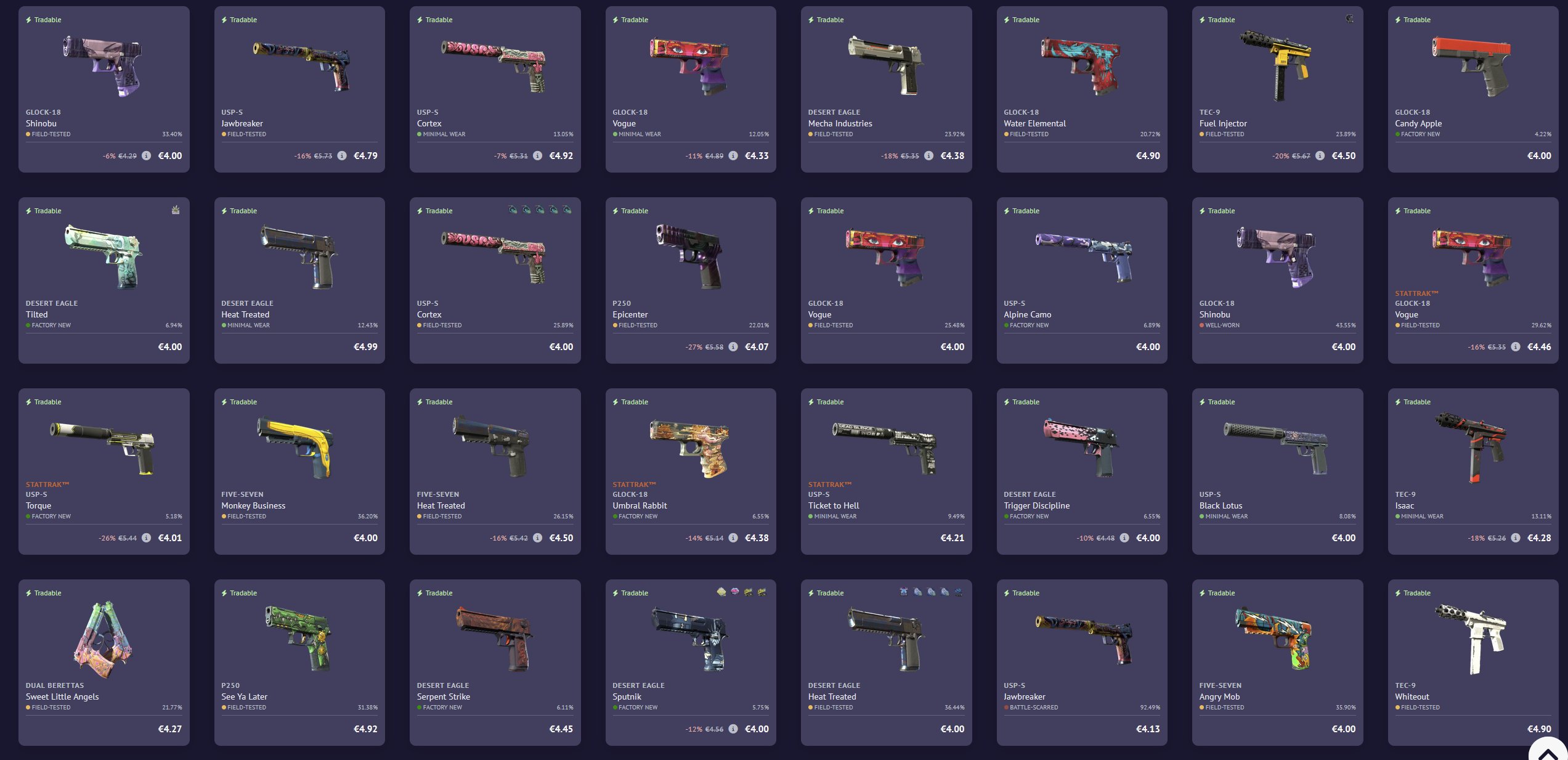Hey there, gamers! Big news dropped last week in India with the Promotion and Regulation of Online Gaming Act, 2025. It’s a game-changer for esports, finally giving it the official nod as a real sport, separate from those shady real-money gaming (RMG) platforms where you bet cash to win cash. For years, esports folks have been trying to say, “We’re not like those gambling apps!”—and now the law agrees. But, as always, it’s not all smooth sailing. Let me break it down for you.
What’s the Deal with the Law?
The Act says esports is all about skill—think quick reflexes, sharp strategies, and mental agility. You can pay to enter tournaments and win prize money, but no betting or wagers allowed. That means stuff like prize pools for winning matches or buying cool cosmetic skins for your character should be safe, as long as there’s no way to cash them out for real money.The government’s setting up a regulatory authority to keep things in check. They’ll make rules for esports events and decide which games cross the line into banned RMG territory. Plus, they’re planning to support esports with training academies, research centers, and even some sweet incentive programs. They’re teaming up with states and sports federations to make esports a big deal in India.
Esports in India Is Kicking Butt
Esports is already huge here. A FICCI-EY report from March 2025 says it raked in $13 billion of the $53 billion casual gaming earned in 2024. Over two million players joined tournaments last year, with 368 pro teams battling it out. Games like Valorant, BGMI, CODM, and homegrown hits like Indus Battle Royale and FAU-G are blowing up. The report predicts esports and casual gaming will make up 26% of online gaming cash by 2027, up from 19% in 2022, thanks to bigger prizes, more teams, and new games hitting the scene.Industry bigwigs are stoked. Animesh Agarwal, CEO of S8UL (a Mumbai crew managing top esports players), thinks this law will get big brands—like those sponsoring cricket or football—to jump into esports. “Tournaments need serious cash, and government backing could make companies take notice,” he told The Indian Express. Akshat Rathee from Nodwin Gaming says India’s now ready to compete in global events like the Esports Nations Cup, announced at the 2025 New Global Sport Conference.

The Tricky Stuff
Here’s where it gets messy. In-game purchases like skins and emotes are a big part of gaming vibes. They’re like digital sneakers—purely for flexing, not for winning. But some players trade rare Fortnite or CS:GO skins on sites like SkinBaron or CS.Money, sometimes even using them to bet on matches. The law bans anything “convertible to money,” like in-game coins or items, which could include these trades. Same goes for selling game accounts packed with rare items. These grey areas might get caught in the RMG ban if the rules aren’t clear.
Game companies like Valve and Epic Games already try to stop this, but it’s up to the new regulatory authority to decide what’s gambling and what’s not. Vikram Jeet Singh, a lawyer at BTG Advaya, says it’s unclear how they’ll spot RMG games or settle disputes. “Every developer’s gonna swear their game isn’t gambling,” he said. And what about regular in-game purchases? Nobody’s sure if they’re safe yet.
What Else Does India Need?
To become a global esports powerhouse, India needs more than just a law. Hosting big tournaments means we need affordable venues and training spots. Agarwal says smaller groups can’t afford to host events because costs are sky-high. Government help could fix that. He also wants easier visas for Indian players heading to international tournaments to put India on the map.Then there’s the regulatory authority. Rathee says it needs people from the gaming world to make fair rules. Without that, the law might not work as well as we hope.






















